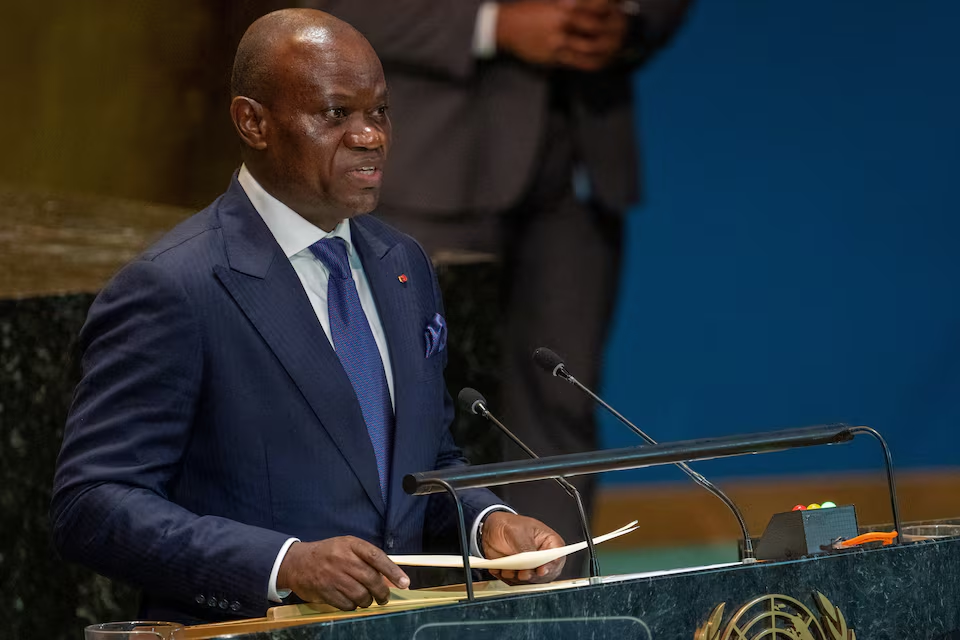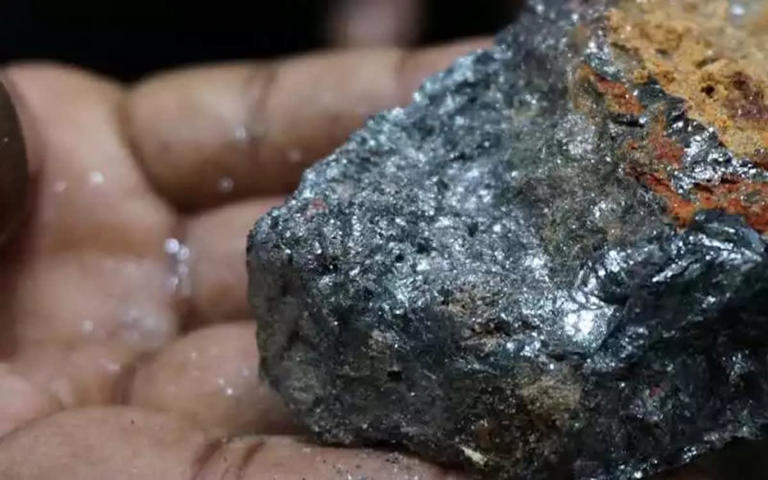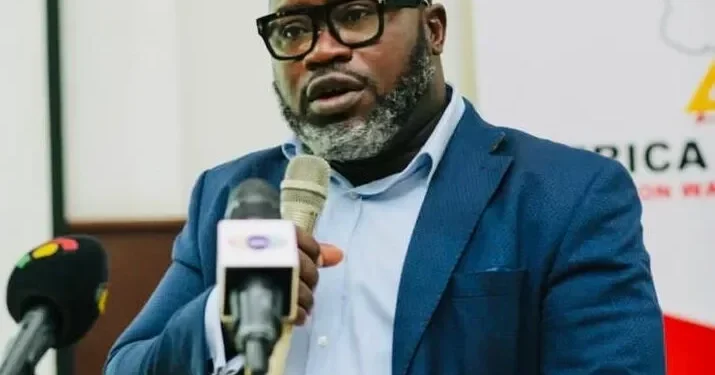Gabon has declared its intention to stop the export of raw manganese by January 1, 2029, as part of a sweeping national strategy to industrialize and boost domestic value addition. The announcement came through a government statement following a meeting of the council of ministers, chaired by President Brice Oligui Nguema.
The statement confirmed that “the formal ban… from January 1, 2029, of the export of raw manganese, a strategic resource of which Gabon is the second largest producer in the world” had been ordered during the high-level session. Manganese, used in producing stainless steel and batteries, is one of Gabon’s main exports alongside oil and timber.
The move aligns with Gabon’s broader industrial transformation agenda. The statement emphasized the country’s goal to develop “an ambitious industrial policy based on the local transformation of primary materials, an increase in the national workforce’s competence, the mastering of technological value chains and the consolidation of tax revenues.”
In the same meeting, ministers also decided to prohibit the importation of chicken meat starting January 1, 2027. This forms part of Gabon’s long-term goal to improve food security and promote domestic production.
President Oligui, who led a coup to end the Bongo dynasty before winning the presidency with nearly 95 percent of the vote in April, granted the mining sector a three-year transition period to make the necessary investments for the shift. A public-private investment fund will also be established to assist in this process.

Ban Part Of Industrial Transformation
Despite being one of Africa’s wealthiest nations in terms of natural resources, about one-third of Gabon’s 2.3 million people live in poverty, and around one in 10 face food insecurity. The government hopes that in-country processing of manganese and other raw materials will reduce poverty and create jobs by expanding industrial capacity.
The manganese sector is a cornerstone of Gabon’s mineral economy. The country produced around 7.5 million tonnes of manganese ore in 2022, primarily from the Moanda mine operated by COMILOG, a subsidiary of the French multinational Eramet. Gabon holds approximately 150 million tonnes of reserves, ranking second globally behind South Africa. Manganese contributes roughly 11% to Gabon’s total exports and is essential to both traditional steel production and modern battery technologies.
Gabon is also ramping up efforts to expand other mineral sectors. The Belinga iron ore project in the northeast, which holds over 1 billion tonnes of high-grade ore, has attracted major foreign investment. Fortescue Metals Group (FMG), an Australian mining firm, has earmarked $200 million for the project from 2023 to 2024, with the first iron ore exports already underway as of late 2023.
Gold production in Gabon remains modest, with around 2 tonnes produced annually — half of it from artisanal and small-scale mining (ASM). The government encourages ASM as a tool for rural development while trying to safeguard sensitive environments like Minkébé National Park.
In the non-ferrous metals segment, Gabon exported approximately $2.48 million worth of aluminum in 2023, indicating steady growth in that area. Total mineral production reached about 15.2 million metric tonnes in 2022, marking consistent year-over-year expansion.
France remains a dominant trading partner due to Eramet’s deep presence in the manganese sector, while China and other emerging economies have become increasingly important through partnerships like FMG’s stake in the Belinga project.
The government’s ownership role in COMILOG and drive for increased foreign direct investment highlight its determination to use its mineral wealth as a foundation for long-term economic renewal.
READ ALSO: Expert Calls for Strengthening DMCs to Improve Small-Scale Mining Governance






















